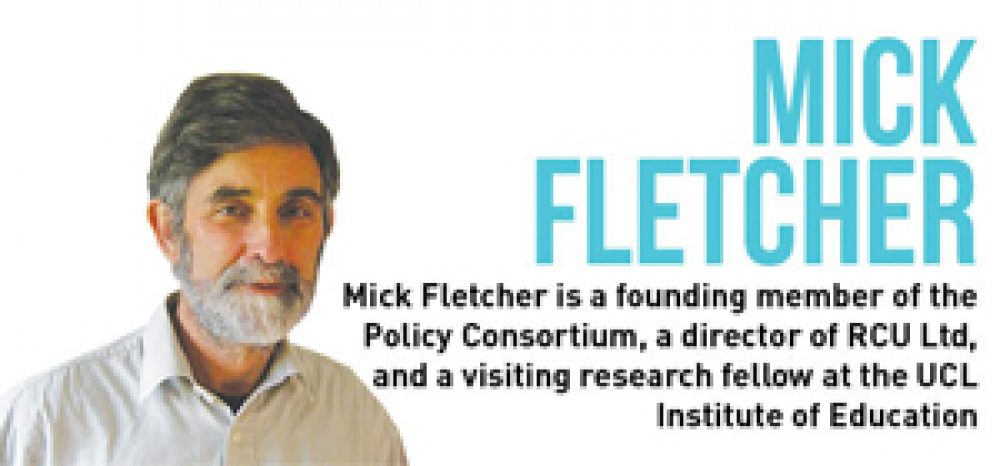At first sight the HE White Paper looks like good news for FE providers of HE. It speaks warmly of their distinctive contribution to higher education, highlights them in its strategy for diversifying the range of providers and recognises the difficulties they face in competing with universities when the latter still validate their degrees and franchise their funding. A closer look however suggests that while the government proposals certainly promise a tough time for some universities that doesn’t automatically mean a rosy future for FE colleges.
The White Paper is primarily about creating a competitive market based on the firmly held but largely un-evidenced view that competition will raise standards. It proposes to do so in three ways; relaxing controls on student numbers; introducing new providers; and providing more information to students. Each offers opportunities for colleges but also threats.
The arrangements for relaxing student number controls are elegant. Some 20,000 first year places will be cut pro rata from all HE providers. At the same time students with grades AAB or better will be ‘off-quota’. This means that high status universities will not face a cut at all. They will be able to grow or indeed optimise numbers by increasing the proportion of high grade applicants they take, transferring the problem to lower status institutions.
The 20,000 places will be distributed competitively between courses where the fees are less than £7,500. The rules of the competition are not clear, though price will probably play a part. While some colleges will benefit, it seems probable that the government will fix things to ensure that some new ‘for-profit’ providers get an economic slice of the action, so there may not be that much growth to go around.
while the government proposals certainly promise a tough time for some universities that doesn’t automatically mean a rosy future for FE colleges.”
A lot will depend on how lower status universities respond. The theory is that those that persist in charging fees above their station in life will see their numbers progressively shrink; and this may encourage them to cut prices. To the extent that they do the opportunity for colleges is diminished. There may however be interesting prospects for collaborative work; an average fee of £7,500 would allow an HEI to collect £9,000 for a third year after two years in an FE college paid at £6,750.
The White Paper clearly recognises the difficulty that colleges face competing with universities when they rely on them for validation. It is strangely reluctant however to spell out the obvious answer – make it much easier for colleges with a decent track record to award their own degrees. It seems that the government is much happier to see degrees awarded by commercial enterprises or even dodgy foreign institutions than humble FE colleges. While this will help competition it will come at a price: the lucrative business awarding bodies have built up in schools and FE will now extend even further.
Finally the White Paper doesn’t quite reject the proposal in the Browne Review to control overall numbers by setting a minimum tariff for eligibility for public support. The danger is that such an approach would discriminate against FE by not counting non traditional qualifications. The government has agreed not to adopt it ‘wholesale’ and what that means is anybody’s guess.
Mick Fletcher is the Visiting Research Fellow at the Institute of Education









Your thoughts